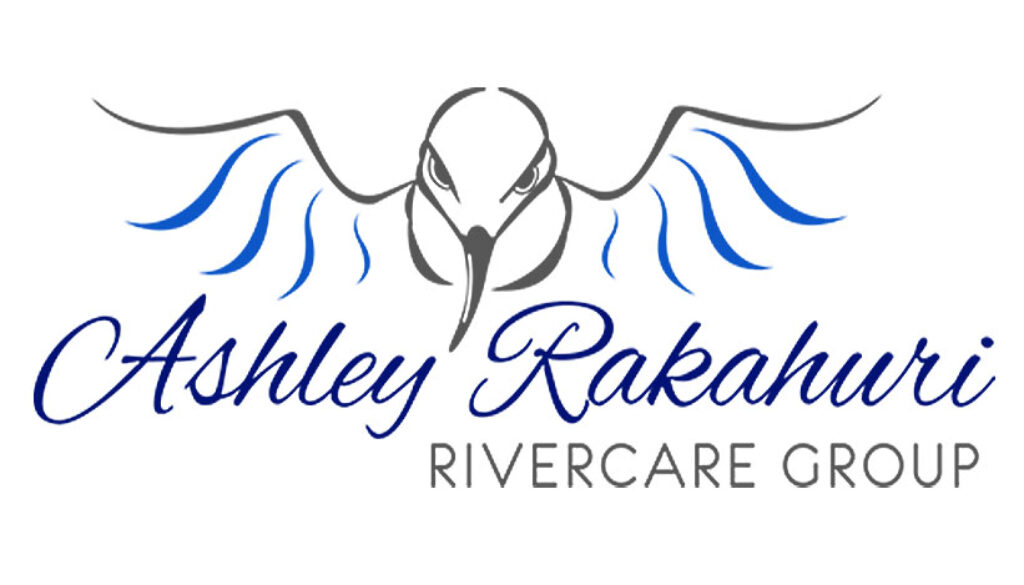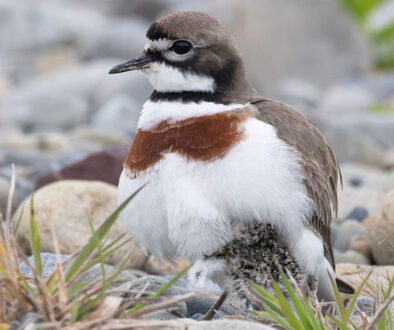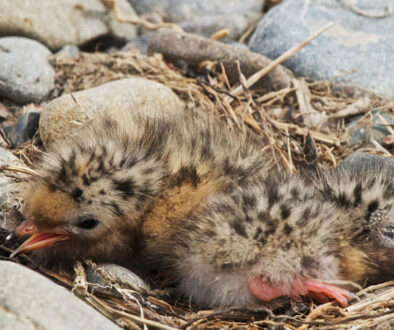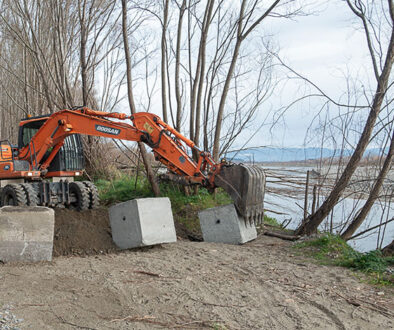Group update
First of all, apologies for the lack of updates this year. In fact, there have been none, as the last was in December, 2019.
Down on the river
The last season was a good one for bird numbers, as nearly all species were present in record numbers. Breeding results were variable. Up to 10 wrybill pairs nested, raising 8 chicks, and for the first time since 2000 there were two black-billed gull (BBG) colonies containing over 2000 nests. There was also a record number of breeding black-fronted terns (BFT – 111 nests). But fledging results from both species was lower than the long-term average. All the details are in the 2019-20 annual report – due out before the end of this month. The start of this new season has seen the normal variable beginning. All the species are present, although so far only 2 wrybill pairs. The nests of both have been found, but one set of eggs has rather mysteriously disappeared, and the other is in a very vulnerable site. Good numbers of BFT and BBG have been seen, but they have yet to settle on nesting sites. Nests of banded dotterels and oystercatchers have been found, while pied stilts are again in good numbers. But it is still early in the season, so much will change. Once things have settled, we will arrange twilight visits to see the most accessible birds.
Trapping
This is by far our major commitment and continues all year round, both alongside the river and around the estuary. There is a total of just under 400 traps out there, serviced at least monthly by 25 volunteer trappers. Rats remain the most common catch, followed by hedgehogs, weasels, stoats and feral cats – with numbers of the last mentioned being greater over winter. For the first time we have been deploying bait stations to try to reduce rats before the breeding season starts, as they were a major issue at the big colonies last season. As were harrier hawks, which we will try to deter using scarecrows. Another source of adult bird losses last season was power line strikes. This season we will seek volunteers to check under lines, so that we have the figures to support an approach to power transmission companies.
Weeds
Weed invasion is arguably our major ‘new’ challenge. Between 2014 and early 2017 there was a significant decline in bird numbers caused by weed invasion and the loss of clear gravel breeding areas, before large floods over the 2017 winter increased clean shingle areas from around 30ha to over 250ha. However, these clear areas are now being reinvaded. As we cannot rely on good floods, around 35 ha was cleared in August by a locally developed tractor-mounted undercutter developed by Cresslands Contracting on Tulls Road. An Iranian PhD student, Sanaz Safavian, continues her studies of weed invasion successions on the riverbed at the Tulls site. Over recent times, the Group has become concerned about management leading to an ever-widening berm zone, which limits ‘room for the river to move’ and leads to loss of the ‘normal’ braided riverbed habitat essential for the long-term survival of riverbed birds. This matter is currently being discussed with ECan.
Human disturbance
The main way to reduce this is by making sure the public are well informed. We do this by all sorts of means, and the annual report’s activity list contains almost 50 entries – mainly articles, interviews, presentations, displays, our website, Facebook page and video. In order to improve awareness further, at the next meeting (see below) we will be proposing the acceptance of a Promotions / Communications strategy, drawn up by professional advocacy member, Steve Attwood. More directly, we annually assist ECan to block off the major vehicle access-ways for the period between September and February . This was completed during August, with signs strategically placed explaining why. Talking signs, a professionally designed interpretation panel will soon appear at the Cones road bridge picnic area.
Finances
The Group’s finances are in good shape. We are now mostly self-funded for our day-to-day existence, with finances coming from a trap making and selling project (197 traps made and 116 sold in 2019-20), donations and sponsorship via Karikaas Natural Dairy Products Ltd cheese sales. Grants for larger special projects, such as the recent 35ha of weed clearing, come from ECan.
Meetings
The COVID situation has allowed us only one general meeting this year – although our 8-person Management Committee has met on five occasions. So, please mark Thursday, October 8 on your calendar for our AGM, followed by a General Meeting. This starts at 7.30pm at the DOC offices on River Road.
As usual, many thanks to all our volunteers for the time taken to support our cause.
– Nick Ledgard, Chairperson




